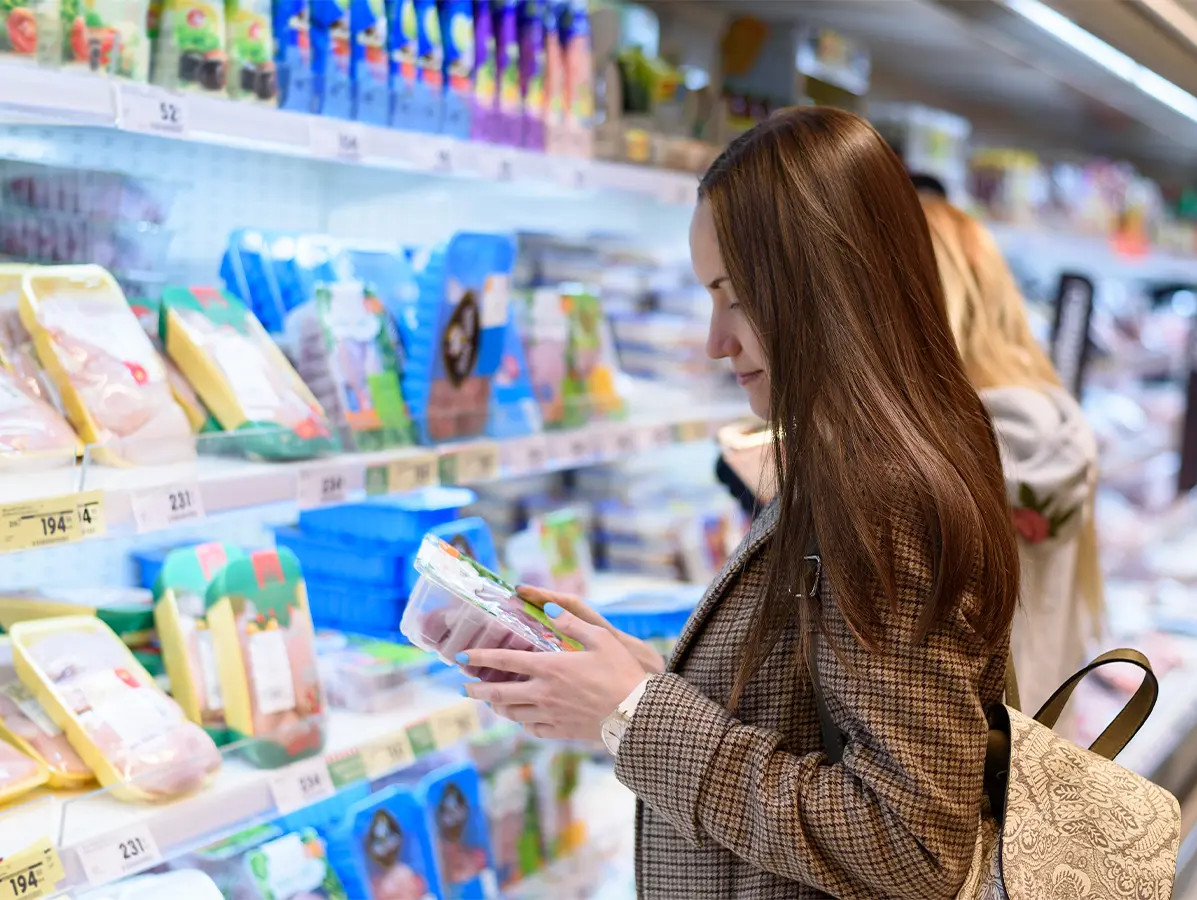
A smart reform of VAT on food could save Europe billions in climate and healthcare costs. By raising VAT on meat and dairy and lowering it on fruits and vegetables, both tax revenue and societal savings could increase significantly, according to research published in Nature Food (2025).
Many European countries currently apply reduced VAT rates on food, but a reform could yield significant financial benefits. Raising VAT on meat and dairy by an average of 13 percentage points could reduce demand for these products by 9%. At the same time, lowering VAT on fruits and vegetables to zero would increase their consumption by 8%. This shift could prevent 170,000 diet-related deaths annually and save billions in healthcare costs.
Lower meat consumption would also cut greenhouse gas emissions, leading to savings of $12 billion in climate damage. In addition, European countries would save $26 billion annually on healthcare costs due to fewer cases of cardiovascular disease, cancer, and obesity.
In addition to societal cost savings, tax revenue from the VAT reform would increase by an average of 34%, or $45 billion per year. Countries with low initial VAT rates on meat and dairy, such as the United Kingdom and Poland, would benefit the most. Most of the additional revenue would come from the higher tax on meat and dairy, while the reduced VAT on fruits and vegetables would have only a limited negative impact on overall tax income.
The European Union recently adopted a directive allowing member states to differentiate VAT rates for social and environmental objectives. The Netherlands and Germany are already considering VAT adjustments, but additional measures may be needed to prevent potential negative impacts on low-income households.
This reform offers Europe an opportunity to bring public health and climate goals closer while easing the financial burden on society.
Read the study: A reform of value-added taxes on foods can have health, environmental and economic benefits in Europe
Source: Nature Food